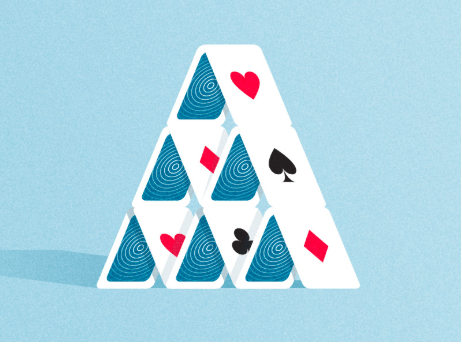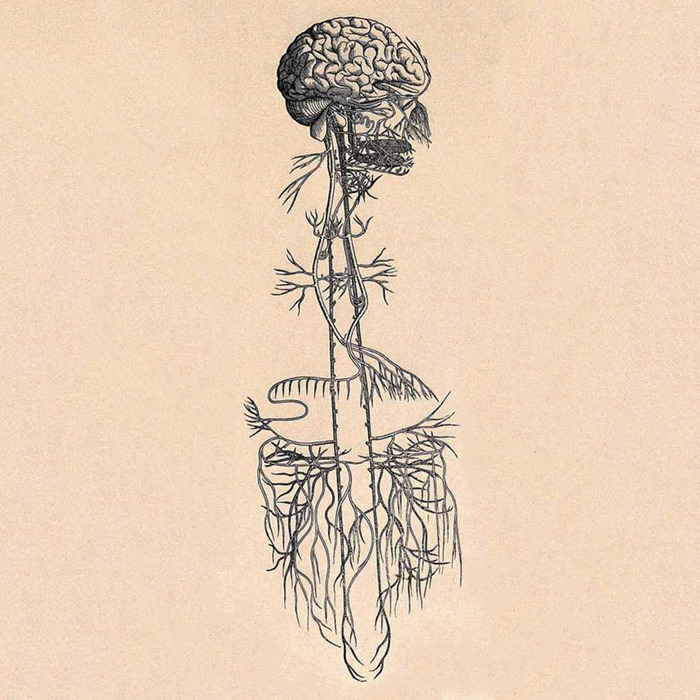Erin Dugas, LCSW

Erin Dugas, LCSW
Articles written by Erin Dugas, LCSW
-

An Evidence-Based House of Cards
Here is my bias: I believe that therapy is unavoidably complex. How could it be otherwise, encountering as it does all manner of human experience? Wrestling as we do, both client and therapist, with suffering and meaning? It stands counter to reason and intuition alike that formulaic clinical practices would result in solid treatment outcomes. …
-

A Tale of Three States
We live in a story that originates in our autonomic state, is sent through autonomic pathways from the body to the brain, and is then translated by the brain into the beliefs that guide our daily living. The mind narrates what the nervous system knows. Story follows state. (The Polyvagal Theory in Therapy, p. 35)…
